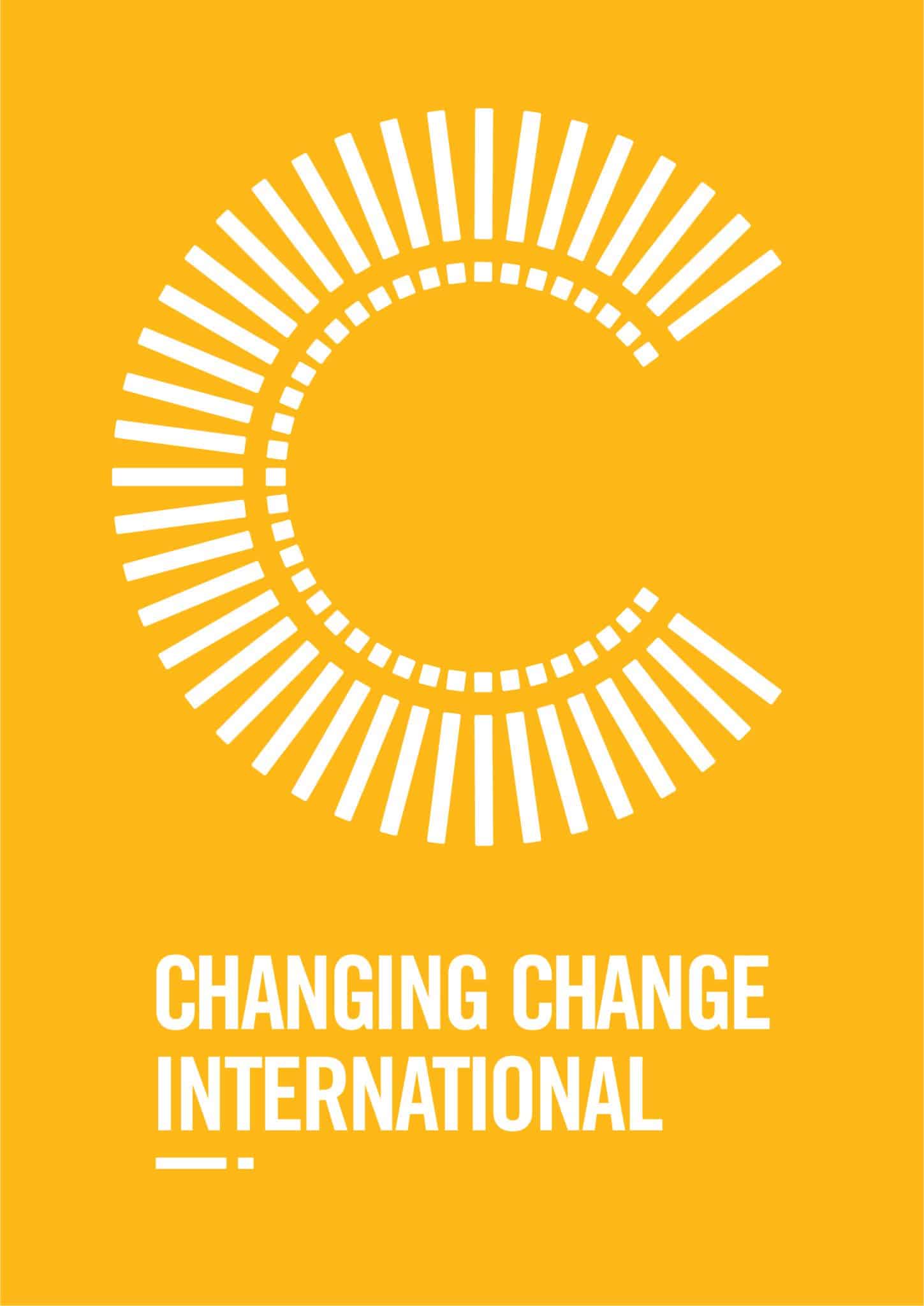Why You’re Probably Not an Inclusive Leader – Yet
“Inclusive leadership starts with the individual.” – Juliet Bourke
Why You’re Probably Not an Inclusive Leader -Yet
We recently came across this HBR article on inclusive leadership, and its compelling insights are well worth sharing.
“Simply throwing a mix of people together doesn’t guarantee high performance; it requires inclusive leadership — leadership that assures that all team members feel they are treated respectfully and fairly, are valued and sense that they belong, and are confident and inspired.”
Juliet Bourke and Andrea Espedido of Deloitte Australia’s summary of the research reinforces the need for inclusive leaders and why they’re crucial to any company’s success.
So what does inclusive leadership look like?
Juliet and her team at Deloitte conducted a study involving 3,500 ratings by employees of 450 leaders. The survey had responses from over 4,100 employees (which will be impressive to everyone who has sought similar feedback!).
The results? Inclusive leadership influences and enhances team performance:
- 17% more likely to report that they are high performing
- 20% more likely to say they make high-quality decisions
- 29% more likely to report behaving collaboratively
What’s more, the results suggest that a 10% improvement in perceptions of inclusion increases work attendance, which correlates with reduced absenteeism costs.
OK it pays to be inclusive … but what are the key behaviours shared by inclusive leaders?
Well, there were six behaviours identified:
- Visible commitment – Their commitment to diversity and inclusion in the workplace is authentic. They’re vocal about it, and hold others accountable. They’re fearless when it comes to challenging the status quo.
- Humility – They practice humility and own up to their mistakes. They welcome contributions from peers and subordinates.
- Awareness of bias: They’re mindful of their blind spots and conscious of the company’s flaws. They work tirelessly to ensure equal opportunities for all based on merit.
- Curiosity about others: They’re open-minded and empathetic listeners who are genuinely interested in other people.
- Cultural intelligence: They make a real effort to understand others’ cultures. They adapt well in a multi-cultural environment.
- Effective collaboration: They’re big on empowerment and embrace diversity in thinking styles. They aim for team cohesion and encourage diverse ideas.
Taking action – what steps can you take to become more inclusive?
The research findings also specify steps we and other C-suite executives and senior managers need to take to become more inclusive (and we all know that some leaders often overestimate how inclusive they really are – guilty as charged!)
- Know your inclusive-leadership shadow – Survey your work colleagues; ask if they view you as an inclusive leader or not. The feedback will help you see your blind spots.
- Be visible and vocal – Spread the word on why being inclusive matters to you personally and professionally. Share this narrative in your speaking engagements.
- Deliberately seek out difference: Make a conscious effort to engage with cross-functional or multi-disciplinary team members. Be supportive of everyone’s diverse strengths.
- Check your impact: Ask around and see if you have a positive effect on others. Are you their role model? Does a broader, diverse network of people seek you out for ideas? Have a work mentor give you candid feedback on the areas you’ve been working on.
Juliet admits “there’s more to be learned about how to become an inclusive leader.” Continuing to consciously practice inclusive leadership, so your colleagues can be who they are is a great place to start. It’s refreshing to know that they’ll be happier and more productive.
And you’ll probably enjoy your workplace a lot more too.
Want to sit at the #CULTURE19 Table and ask Juliet about her TEDx Talk, inclusive leadership and its impact on culture, or pick her brains about Which Two Heads Are Better Than One, or Deloitte’s culture secrets?
Reserve your #CULTURE19 seat here and co-create the conversation with Juliet (and Cameron Adams from Canva, Joshua Ross from Humanitix and Jeremy Dean from riders&elephants) and join us on 18 September in Sydney.
BTW, if you haven’t heard, Juliet Bourke’s one of our #CULTURE19 conversation leaders. As the Human Capital Partner at Deloitte, Juliet knows her stuff; she leads the company’s diversity and inclusion practice and has over 20 years’ experience in human capital.
She’s also a TEDx speaker, the author of “Which Two Heads Are Better Than One?”, and talks and writes about diversity and inclusion, cultural change, and leadership.
Reserve your seat at the table for our all-day immersion #CULTURE19 here and ask the questions you want answered by joining Juliet on 18 September.
